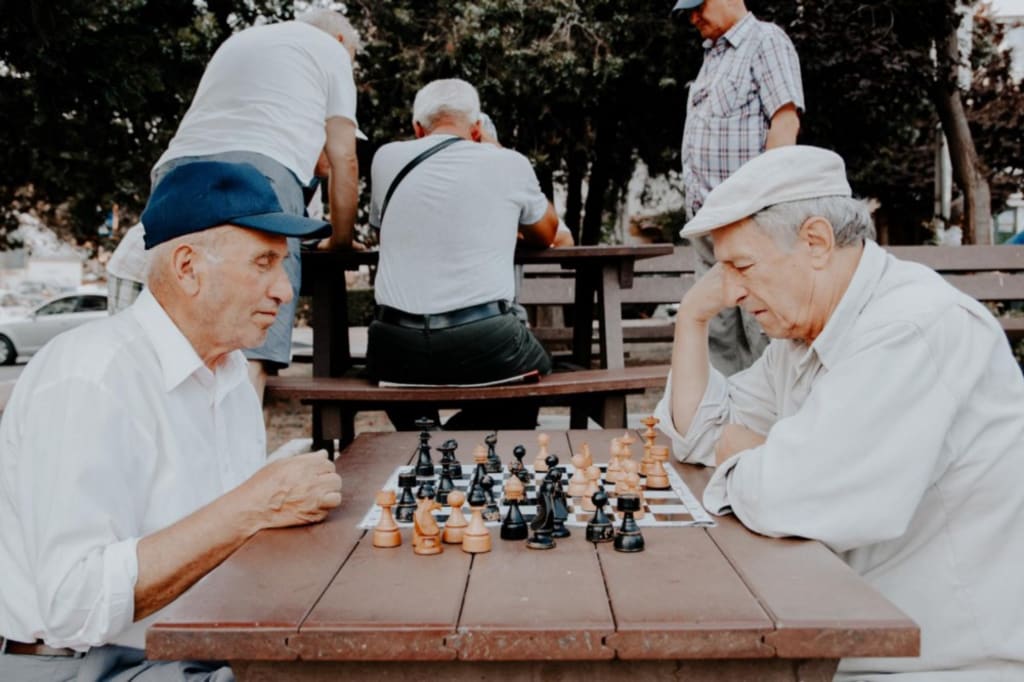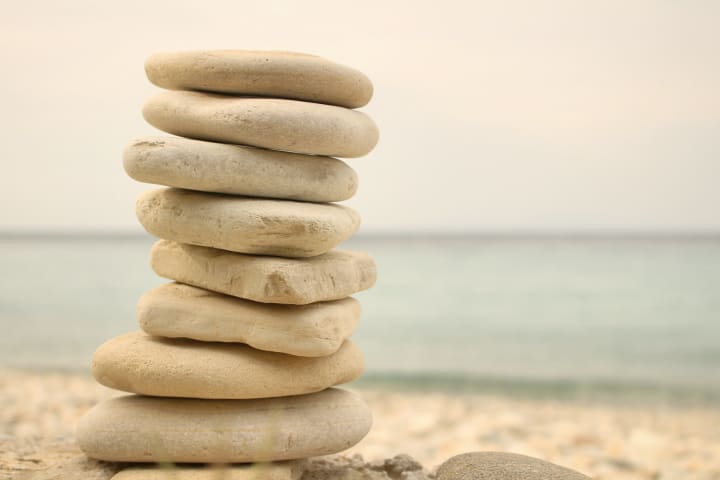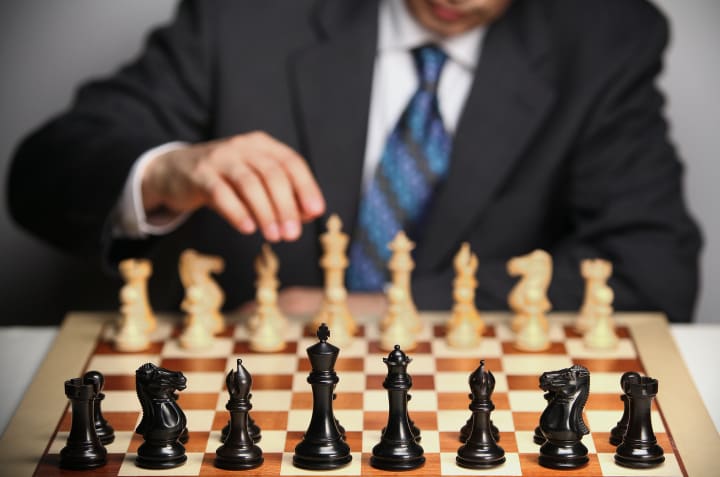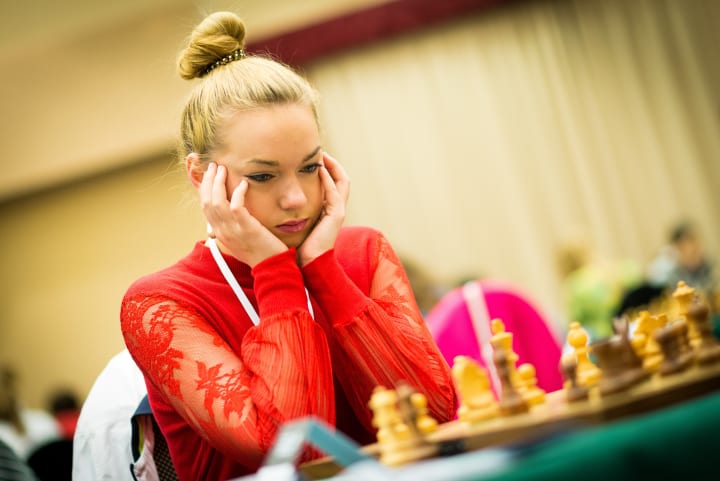3 Practical Life Skills Chess Can Teach You
The game of chess from a different perspective

Chess to many people is just a game of 32 pieces on 64 squares fighting to capture each other’s king. What most people do not realize is that chess is a miniature version of life, you need to be flexible, assess risk, make quick decisions and build up a positive mindset. There are lots of lessons and skills to be learnt from each game played; Here, I focused on just three(3) skills that made deep impressions on me:
1. PATIENCE

Patience is a virtue that chess can impart. Personally, I don’t think there is anything more annoying than having a winning position only to blow it up with a single hurriedly played move. A popular International master in one of his chess books recounted a position where he was winning because of his extra material. However he was annoyed that his opponent was still playing and did not accept defeat and he hurriedly made a move which turned out to be a terrible blunder that cost him the game. He didn’t really lose because he blundered but because he was impatient. In order to be able to win a won game, players have to be careful and very patient in converting their advantages.
Outside the board, Experienced chess players tend to possess the important virtue of being patient and careful in their dealings knowing that an impatient move or action may cost them dearly.
2. DECISION MAKING

Chess teaches practical decision making. In a game of chess, You need to ask yourself a couple of questions such as How to start? What plans or options are you taking? Why is this plan preferable?, Are there loopholes to the plan?, Can it be corrected? , What if the plan fails, is there an alternative?, Are there risks involved and can you manage these risks successfully?, Do you need to sacrifice something to get something? and much more. Most of these questions can be applied in the real world in making and modifying decisions.
3. CALMNESS UNDER PRESSURE

Pressure is a constant factor in chess. I vividly recall a blitz game I watched between two master players in my regular chess club. The higher rated player of about 2200+ rating was in time trouble but he appeared unnerved and calm and continued playing this game confidently till he won. This act made an indelible impression on me. A chess player who gets tensed up, scared, angry under pressure would likely end up losing most of his games. Being able to manage your emotions and remain calm under pressure would result in better performance. This also applies in the real world, you may face certain situations/problems where you have to be calm and focused in order to get a lasting solution to that problem.
So next time when you sit a play a game of chess, enjoy the game but don’t forget the lessons the game will be trying to teach you!






Comments
There are no comments for this story
Be the first to respond and start the conversation.